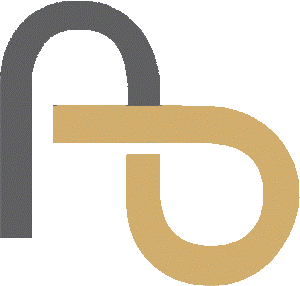AAP CONSULTINGSetting new standards for corporate consulting
Corporate Governance
Corporate governance is the way a corporation polices itself. In short, it is a method of governing the company like a sovereign state, instating its own customs, policies and laws to its employees from the highest to the lowest levels. Corporate governance is intended to increase the accountability of your company and to avoid massive disasters before they occur.
Well-executed corporate governance should be similar to a police department’s internal affairs unit, weeding out and eliminating problems with extreme prejudice; which is exactly why our Corporate Governance Management System (CGMS) was developed to control and manage organisational documentation flow; it provides the user with the ability to manage its corporate governance either at a basic document storage level, or, at a more advanced document production and database level.
The system manages the original corporate data input fields as they are entered and stored within the database architecture and then mined to populate legal documents. The CGMS has a specially designed searchable storage componentry; and provides for the storage of any legal or knowledge-based document.
Background Overview of Corporate Governance
Corporate governance is generally defined as “the system by which companies are directed and controlled”. It involves a set of relationships between a company’s management, its board, its shareholders and other stakeholders; it deals with prevention or mitigation of the conflict of interests of stakeholders. Ways of mitigating or preventing these conflicts of interests include the processes, customs, policies, laws, and institutions which have impact on the way a company is controlled. An important theme of corporate governance is the nature and extent of accountability of people in the business, and the mechanisms applied that try to decrease the principal–agent problem.
Corporate governance also includes the relationships among the stakeholders involved and the goals for which the corporation is governed. In contemporary business corporations, the main external stakeholder groups are shareholders, debt-holders, trade creditors, suppliers, customers and communities affected by the corporation’s activities. Internal stakeholders are the board of directors, executives, management and other employees. It guarantees that an enterprise is directed and controlled in a responsible, professional, and transparent manner with the purpose of safeguarding its long-term success. It is intended to increase the confidence of shareholders and capital-market investors.
However, the other side of corporate governance involves the secure digital management of an organisation’s different legal entities together with the relevant associated parties such as it’s officeholders, beneficiaries, stakeholders and related entities. In addition, one must also be able to securely manage: contracted relationships with unrelated third-party entities; the application of domestic commercial laws to those relationships; the protection of assets through risk management and securitisation mechanisms; maximising business efficiency through the application of tax efficient strategies; seamless document management and delivery; the instant accessibility by the officeholders to the organisation’s confidential information; all of which is required to guarantee corporate integrity, without having to rely on the ‘publicly perceived expertise’ (or not!) of counting, financial and/or legal professionals.
Corporate Governance / Continuous Disclosure
Any organisation needs to adopt sound practices of corporate governance. For example, with companies, a process of continuous disclosure has been adopted relevant to keeping directors, management, shareholders and potential investors informed. In all the company does, it is cognisant of subsequent requirements for due diligence in the event of a future merger, trade sale, takeover or listing. Ideally, one should be able to invite authorised parties to undertake their own due diligence of the company, its management and the company’s products and/or services, subject to signing a Confidentiality Agreement; and enquiries should be able to be made to the Company directly and be dealt with in an efficient manner.
Would you like to speak to one of our business consultants? Just submit your details and we’ll be in touch shortly. You can also email if you prefer .
Email: admin@aapconsultants.net
Phone: 61 7 3485 0636












